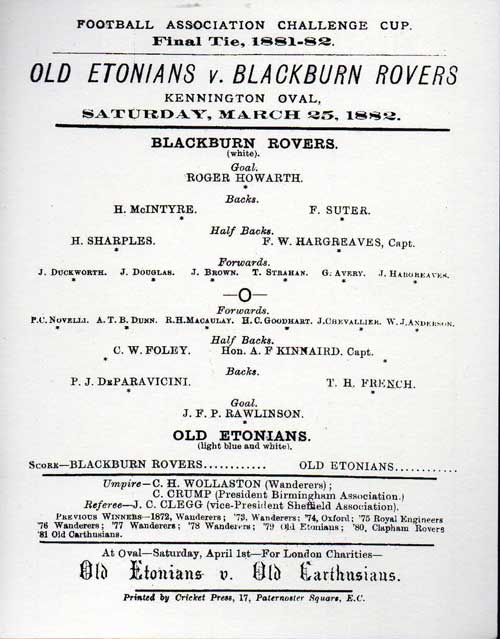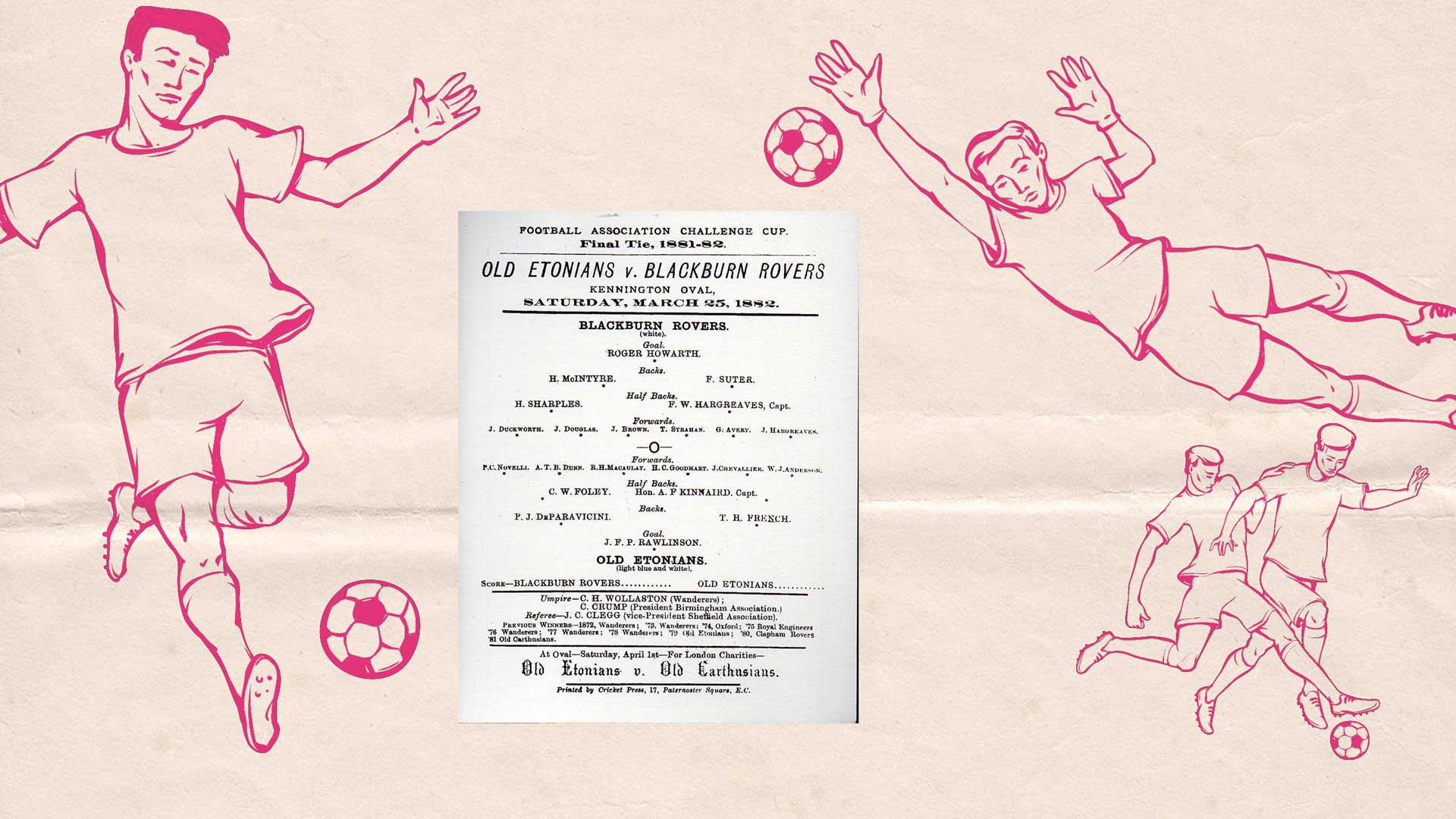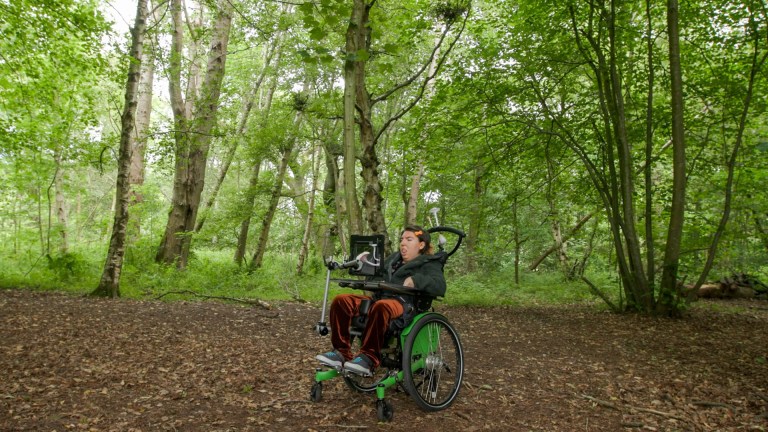I’ve had a few near-death experiences in my life. The last time was when I moved house. There I was, unloading my football programme collection out of the removal van, and an enormous box of them fell upon me. I distinctly remember thinking, “This is not how I imagined going. Please don’t let me die with a Grimsby Town programme on my face.” Thankfully I pulled through, but for a time there, things got pretty ridiculous between me and football programmes.
I have mixed views on change. Slavery? Same-sex marriage? That’s the sort of change I can get behind. But I’m struggling with this digital world, I really am. I like things. Stuff. Sometimes I think about the opening 20 minutes of the film WALL-E, and worry that one day that will be me, a sad, lonely dude pushing his broken things around a broken planet. But que sera. Objects hold meaning for me. It’s for that reason that the news earlier this month that, starting next season, English Football League clubs would have the right not to publish a match day programme hit me hard.
Yes, my wife will almost certainly leave me if I don’t do something about the Mayan Temple-like construct in our spare room
Football programmes have been around as long as the Football League has, coming into existence in 1888, though the first was produced for the 1882 FA Cup Final – Old Etonians v Blackburn Rovers at The Oval. A leading amateur outfit of the day, Berkshire’s Etonians won 1-0, though nobody thought to record the name of the player who scored – and you thought VAR was a farce. A programme from that game sold at Sotheby’s in 2013 for £35,250. Which incidentally, is about the same sum of money I’ve spent buying them over the course of my life.
For a long time, buying a programme was crucial in my experience of going to the match. Actually, not just the match, but any match. I’m what you might call a groundhopper. This means I try to visit as many football grounds as I possibly can and I get excited about things like turnstiles and what year floodlights were erected. I remember once being on a train and sitting across from a man who was travelling to Liverpool. We struck up a conversation. “Going anywhere nice?” I asked. “Yes, I’m going to Liverpool. Only for an hour though. There’s a train changing there, and it’s got new carriages. I’ve never seen these particular make of carriages before. I’m quite excited.” “What a loser,” I thought – then I remembered I was travelling, on my own, to watch Altrincham play Grantham Town.

I used to have this rule that if I didn’t get a programme at the match then I hadn’t really gone to the match. I have missed goals because I have been racing around a ground trying to find a programme. I remember once going to see Wingate & Finchley play Enfield Town. I was running late. By the time I’d got to the ground, the programme sellers had packed up. “Is there anywhere I can buy a programme?” I asked the steward. “Sorry mate, we’ve sold out,” he said. Now, I’m not an especially confrontational kind of man, but it is this sort of surge in anger that got Dr Bruce Banner in trouble. In the end he offered to take my address and send me one. And he did. I felt quite bad about losing my temper.
I have spent much of my life working in magazines, so I can make the argument about why physical media matters all day long, and with the fervour of a man who is terrified it’s too late in life to retrain. And, in the case of football programmes, it’s a crucial advertising avenue for local butchers. Yes, they’re often not very good. Yes, every Q&A with every footballer lists Only Fools and Horses as their favourite TV show and ‘my dad’ as their greatest influence. Yes, my wife will almost certainly leave me if I don’t do something about the Mayan Temple-like construct in our spare room that houses recorded evidence of how I’ve spent every Saturday of my life for the last 30 years. And yes, I get it, less and less people are buying them, they’re not cheap to print and many clubs exist on the breadline as it is – hence the thinking about clubs being allowed to make their own decision as to whether to have them printed. Previously, if a league club didn’t deliver a programme, they were liable to incur a fine. That’s some draconian nonsense.









